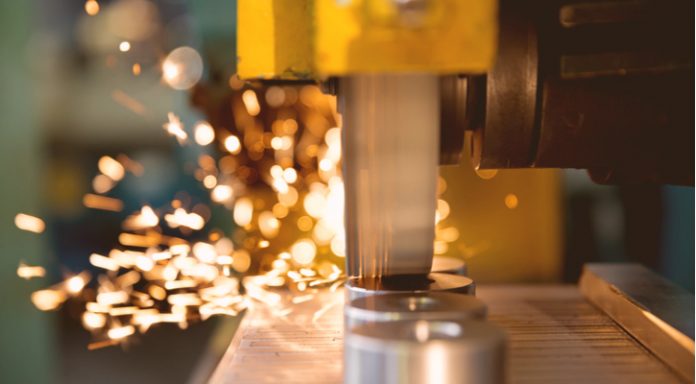- Pound (GBP) rises in risk-on trade
- Ministers to meet union bosses
- Euro (EUR) supported by upbeat German industrial output
- Eurozone investor sentiment data is due
The Pound Euro (GBP/EUR) exchange rate is rising, adding to gains from last week. The pair rose 0.5% in the previous week, settling on Friday at €1.1357 after trading in a range between €1.1264 – €1.1388. At 08:25 UTC, GBP/EUR trades +0.06% at €1.1374.
The pound is pushing higher, helped by the broad risk-on mood in the market. News that China re-opened its borders over the weekend ending the zero- COVID restrictions have lifted risk appetite boosting the pound.
Still, the outlook for the UK economy is bleak amid the ongoing cost of living crisis, high inflation, and expected recession which could last the duration of 2023.
British ministers are expected to meet with trade union representatives on Monday in an attempt to bring an end to a wave of strikes across a wide range of sectors that have crippled the UK economy in recent weeks. With pay rises failing to keep up with 40-year high inflation, discontent among public sector workers is high.
The euro is trading lower versus the pound but higher versus the US dollar as the new week begins. The common currency is supported by stronger-than-expected German industrial output, which rose by 0.2% month on month in November, up from a downwardly revised -0.4% in October and ahead of expectations of a 0.1% rise.
The data adds to evidence that the eurozone’s largest economy did not fall off a cliff in the final quarter of the year, but evidence suggests that the economy wasn’t strong enough to avoid a contraction either. The German economy is widely expected to have contracted in Q4 and is expected to enter a recession in Q1 2023.
attention will now turn to the eurozone Sentix investor sentiment data, which is expected to improve in January rising to -11.1%, up from -21 in December. cooling inflation and easing worries over gas shortages are likely to have helped investor confidence higher.





